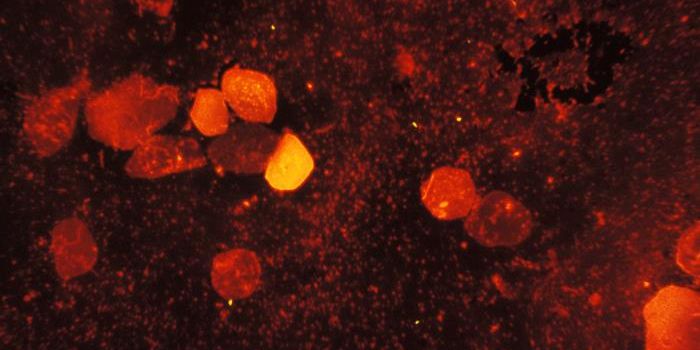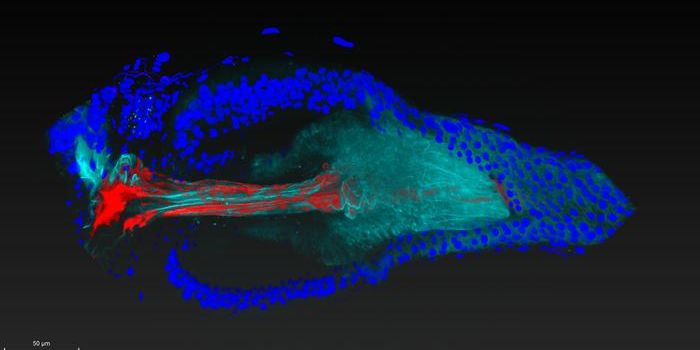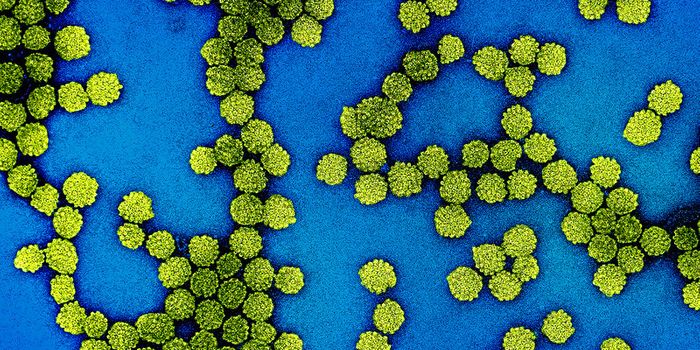Researchers Suggest Repurposing Pancreatitis Drug to Treat COVID-19
As SARS-CoV-2, the virus that causes COVID-19, upends normalcy in the world, researchers are trying to learn more about the virus, and are searching for ways to treat the infection. While there is a promising drug in development (remdesivir, by Gilead Sciences), scientists are also looking for existing drugs that might be repurposed for use in this fight.
"Considering that SARS-CoV-2 infection is already spreading worldwide, drug repurposing, which searches for therapeutics among existing drugs with established safety records, seems to be extremely worthwhile," said Professor Jun-ichiro Inoue of the University of Tokyo.
Inoue and collaborators at The University of Tokyo have found that a pancreatitis drug called Fusan (Nafamostat mesylate) might prevent the SARS-CoV-2 virus from getting into cells, which would stop the disease. The findings have been reported in Cell.
Coronaviruses like SARS-CoV-2 have a genome made of RNA, which is surrounded by an envelope - a bilayer of lipids and proteins. Their genome encodes for four structural proteins, one of which is the Spike (S) protein (as shown in the figure above). A human enzyme that cuts proteins called a protease (and thought to be a protease called Furin) cleaves the S protein into two parts: S1 and S2. The S1 protein attaches to a receptor on human cells called ACE2, and S2 is cleaved by a different protease called TMPRSS2, which results in (host) membrane fusion. Once the virus has fused with the host cell membrane, it can release its viral fragments into the cell. At that point, the virus hijacks the machinery of the cell, and it generates only viral particles, releasing them to infect more cells and repeat the process.
One idea for treatment is to find a drug that can stop the virus from getting into cells in the first place, and it's been shown by other groups that ACE2 and TMPRSS2 are required for SARS-CoV-2 to infect cells. Nafamostat has now been shown to stop the viral envelope from fusing with the membrane of host cells. It also does so more efficiently than another drug that has a similar effect, called Camostat. Both of these medications were created to treat pancreatitis and have been used for years to treat it and some other diseases.
Clinical trials are now planned by the University of Tokyo to evaluate the efficacy of both of these drugs. The studies are supposed to begin in April 2020.
"Both drugs could be used alone, or in combination with other antiviral drugs that target separate processes needed for virus production, such as RNA replication or viral protein processing," said Inoue.
Sources: AAAS/Eurekalert! via The Institute of Medical Science, The University of Tokyo, Cell










